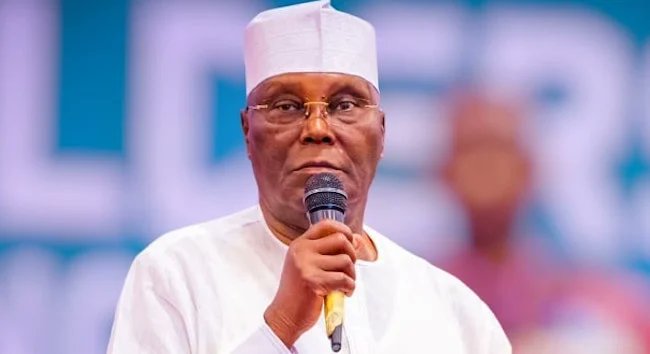The political landscape of Rivers State, Nigeria, was embroiled in controversy in 2023, stemming from a power struggle between Governor Siminalayi Fubara and members of the State House of Assembly loyal to Nyesom Wike, the Minister of the Federal Capital Territory. This internal conflict escalated to the point of President Bola Tinubu declaring a state of emergency in the state on March 18, 2023. The president’s decision, fueled by the protracted political standoff, involved the suspension of Governor Fubara, his deputy, Ngozi Odu, and several lawmakers for a period of six months. A retired Vice Admiral, Ibok-Ete Ibas, was appointed as sole administrator to oversee the state’s affairs during this period. This unprecedented move ignited a firestorm of reactions, with critics condemning it as a violation of the constitution, while supporters argued that it was a necessary measure to restore stability amidst the political turmoil.
The suspension sparked widespread debate and raised fundamental questions about the balance of power between the federal government and state governments within Nigeria’s federal system. The constitutionality of the president’s action became a central point of contention, with legal experts and political analysts offering diverging interpretations. Opponents argued that the suspension undermined the principles of democracy and the autonomy of states, setting a dangerous precedent for future executive interventions. Conversely, proponents maintained that the president’s action was justified given the exceptional circumstances and the need to prevent further escalation of the political crisis.
In the aftermath of the suspension, a series of behind-the-scenes negotiations and meetings took place. Governor Fubara met with President Tinubu on two occasions, signaling a potential thaw in relations. Furthermore, a significant development occurred when Fubara and Wike, the key figures in the Rivers State political drama, met and resolved their differences. This reconciliation was seen as a crucial step towards stabilizing the political situation in the state. The meetings and the subsequent reconciliation suggested a shift in the political dynamics, paving the way for a potential resolution to the crisis.
On September 18, 2023, President Tinubu lifted the state of emergency and reinstated Governor Fubara, his deputy, and the suspended lawmakers. While this move was welcomed by some as a return to normalcy, it did not quell the underlying tensions or resolve the fundamental questions raised by the initial suspension. Atiku Abubakar, the 2023 presidential candidate of the Peoples Democratic Party, criticized the president’s actions, characterizing them as unconstitutional and dictatorial. He argued that the lifting of the suspension did not change the fact that the initial act was illegal and a violation of democratic principles.
Atiku’s criticism reflects the broader concerns about the implications of the president’s intervention in Rivers State. His statement highlighted the potential for executive overreach and the importance of upholding constitutional principles, particularly in a federal system where the balance of power between the federal and state governments is delicate. The events in Rivers State served as a case study in the complexities of Nigerian politics and the challenges of balancing the need for stability with the principles of democracy and federalism.
The Rivers State saga underscores the ongoing debate about the extent of presidential powers in Nigeria. It raises questions about the circumstances under which a president can intervene in the affairs of a state and the potential for such interventions to be perceived as politically motivated. The controversy also highlights the importance of clear constitutional guidelines and the need for robust mechanisms to ensure accountability and prevent the abuse of power. The events of 2023 in Rivers State serve as a reminder of the fragility of democratic institutions and the importance of upholding the rule of law to safeguard the principles of federalism and democratic governance.














